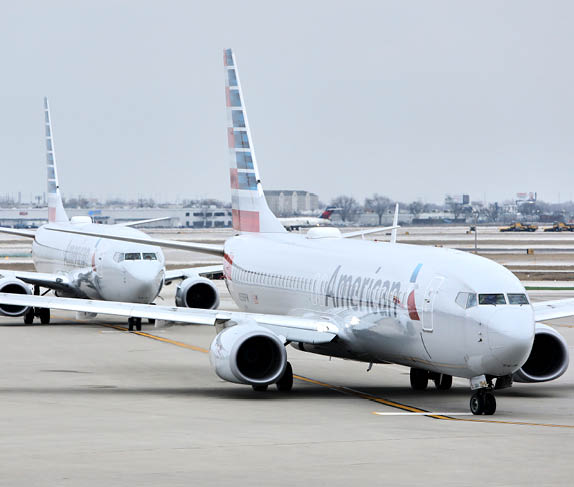Boeing is set to record an after-tax charge of $4.9 billion in its second financial quarter with most of the money being used to compensate Boeing's customers for schedule disruptions and delays in aircraft deliveries relating to its 737 Max.
The charge, which will result in a $5.6 billion reduction of revenue and pre-tax earnings in the quarter, will wipe out any earnings that the company has made.
Boeing has said that it will continue to work with civil aviation authorities to ensure the 737 Max's safe return to service, and these authorities will determine the timing of return to service.
Furthermore, the company has assumed that regulatory approval of 737 Max return to service in the US and other jurisdictions begin early in the fourth quarter 2019.
The second-quarter financial results will further assume a gradual increase in the 737 production rate from 42% to 57% in 2020.
"We remain focused on safely returning the 737 Max to service," said Boeing chairman, president and CEO Dennis Muilenburg. "This is a defining moment for Boeing. Nothing is more important to us than the safety of the flight crews and passengers who fly on our airplanes.
"The Max grounding presents significant headwinds and the financial impact recognised this quarter reflects the current challenges and helps to address future financial risks."

